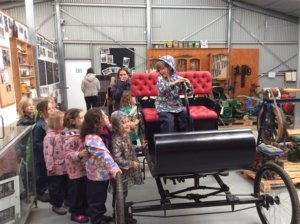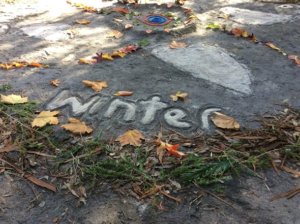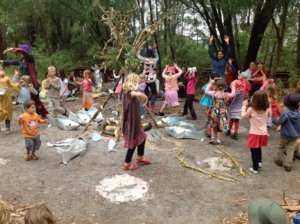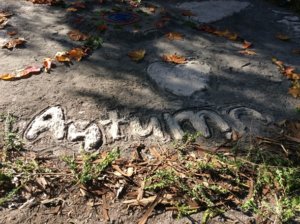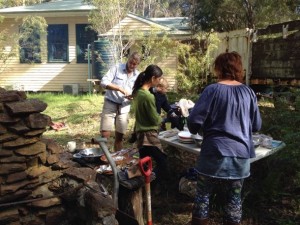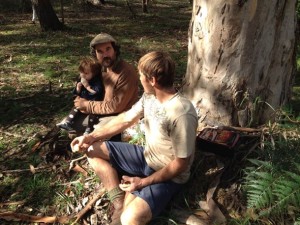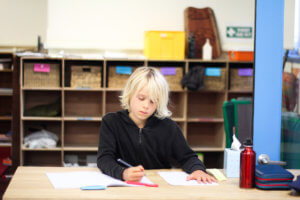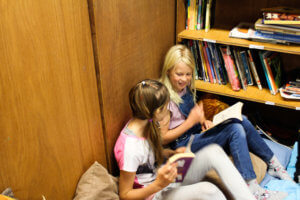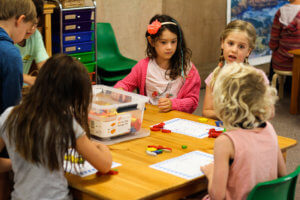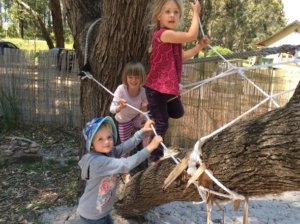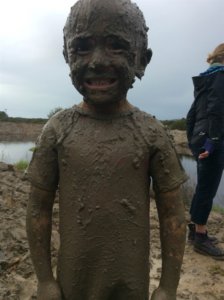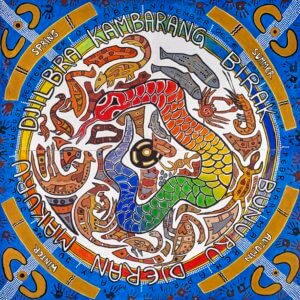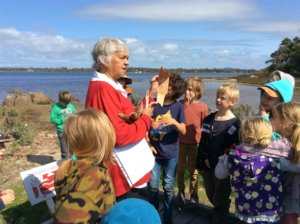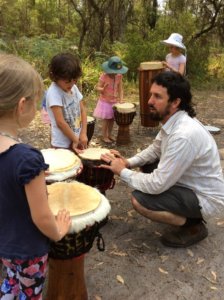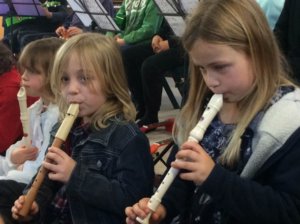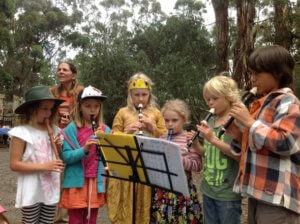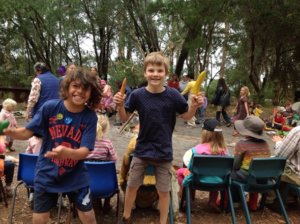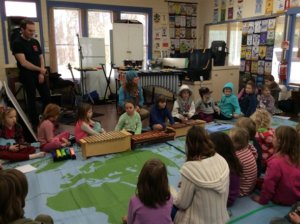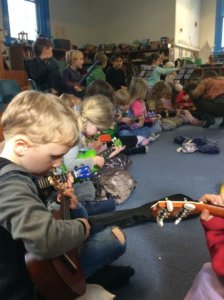Teachers, supported by Education Assistants, are responsible for overall classroom management and discipline of individual children, using the guidelines outlined above.
Due to the nature of the school environment, it is important to note that the needs of the whole class group is of considerable importance. Therefore, at times, short and clear instructions, devoid of anger or judgement, may be given to individual students, after continuous disruption, to enable the learning needs of the whole group to be honoured and maintained.
Consequences will be relevant to the student and the situation. For example, if a child is constantly disrupting the learning of the other children, and they are taking away time from the other students, they will be required to ‘give back’ to the group in their own time. This may include:
- Shadowing the teacher or education assistant, particularly for unsafe behaviour
- Finishing required work before going out to play
- Not participating in games, excursions or other activities
Teachers ensure that their classroom is calm and supportive and that the learning program is engaging for all students.
We believe that all behaviour indicates a need, or several needs. Questions a teacher will ask include:
- What is the child / class trying to tell me with this behaviour?
- Is the general feel of my class calm and conducive to learning?
- Is the learning environment organised and free from clutter?
- Do I ensure that the children are not being asked to ‘sit still and listen’ for long periods of time?
- When I do require children to sit still and listen, do I ensure that it happens?
- Do the students have the opportunity to be heard?
- Are the students extended / supported as needed?
- Do I make teaching and learning adjustments to suit individual children?
- Have I developed Individual Education Plans for each student?
- Are all staff members aware of the details of these plans?
- Do we regularly meet with individual children to help them to challenge themselves and achieve their goals?
- Do I have high expectations for student learning and behaviour?
- Do I follow through on what I have said?
- Do I regularly monitor the class and make adjustments to the learning program as needed?
- Do we regularly discuss and review our class agreements?
Teachers and children work together to develop the class agreements, which are then displayed in the classroom and referred to regularly. Each learning space has a designated cool off space, to allow the children to calm down when they are managing big emotions. An adult will help the child to work through their emotions before returning to the group. Sometimes the child just needs some space and they are able to return to the group by themselves.
The classroom teacher of Year One and above works through lessons from the No Fault Classroom program, based on Non-Violent Communication. These lessons help to develop the social and emotional skills of the children and improve communication.
Children are never asked to leave the classroom for misbehaviour. As recommended by Mindful Awareness Parenting, we believe in ‘time in’ rather than ‘time out’ during times of distress. On some occasions, the teacher may decide that the child should spend some time in the other classroom to cool down. The student will take work with them and be accompanied by an Education Assistant.
If extra support is needed, the teacher asks the EA or two children to go to the cubby (office) to ask for help. The Principal or Admin Assistant will go to the classroom immediately upon request.
The cubby is a positive, safe place for the children. Some children require additional support and time in the cubby can help to develop positive connection with more adults at the school, helping them to feel emotionally safe. Only on very rare occasions after the teacher has made every attempt to connect and redirect, will the Principal be involved in consequences for behaviour.
Consequences for more severe misbehaviours such as hurting someone, leaving the school grounds or damaging property are at the discretion of the Principal. In such cases, parents / guardians will be required to meet with the Principal and a behaviour plan will be made before the child is allowed to return to the class.
We believe that by working together, we can help the children to feel more calm and connected and return to positive behaviour, which allows them and the other children to fully participate in learning.
Please note:
Parents are encouraged to speak with the Class Teacher if they have concerns about behaviour management or their child’s particular needs. If they continue to have concerns, they should speak with the Principal.
The teacher is always the one to make the decision to seek further support with behaviour management.
Detailed notes are kept by teachers regarding the behaviour of the children. The Principal will ask for these notes from time to time as part of the whole school positive behaviour program.






